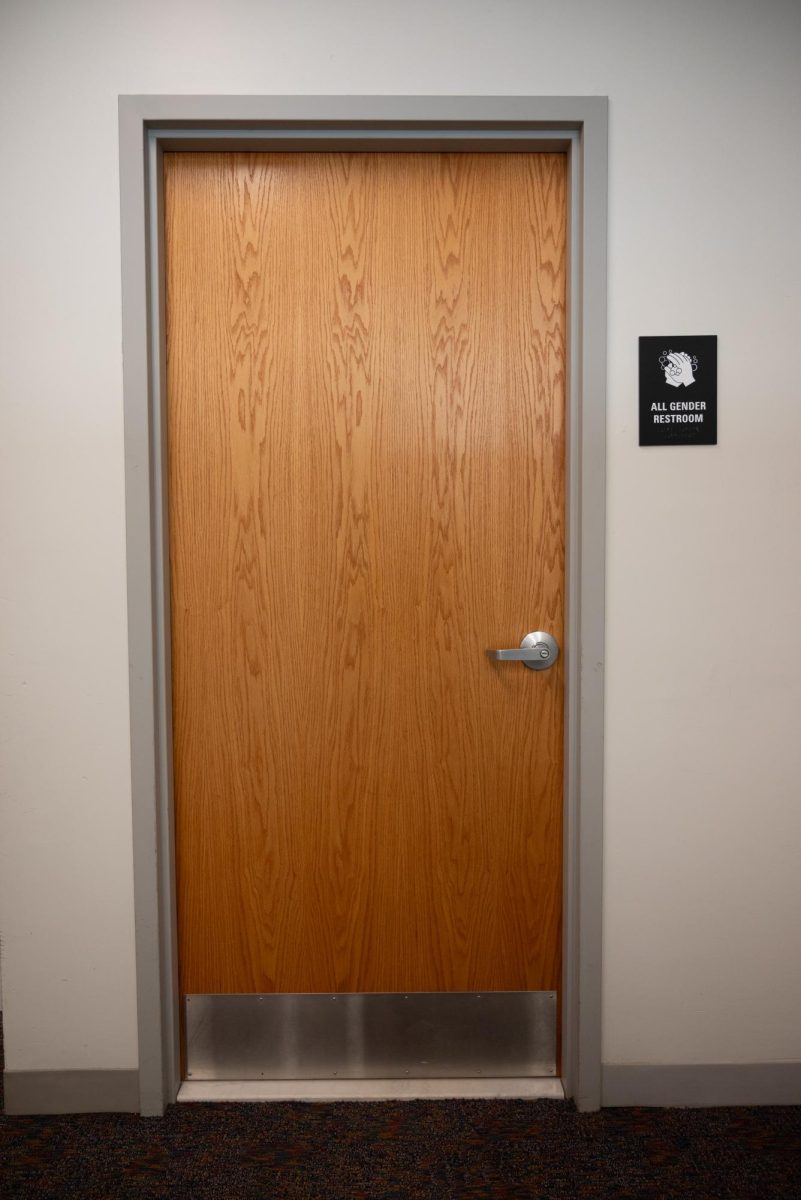With a proposed plan to merge several of its academic programs, the Northeastern administration has been flaunting an initiative based on efficiency. In essence, the administration feels that by linking different schools together, namely the school of journalism with communications and the theater and music departments, distribution of funds and facilities will become easier and less costly – in other words – more efficient.
This has caused quite a row between the administration and the students affected by the move, as you will no doubt gather from this page, but shouldn’t the efforts of the administration be focused on the inefficiencies within the university that students are in favor of improving?
Let’s take a look at those.
First and foremost: the class schedule. For a school that prides itself on its co-op program, Northeastern’s management of the concurrent class schedule is annoyingly ineffective. The fact that particular classes are only offered at a certain time of year is both unfair to students and detrimental to the college timeline. In order to have class and co-op periods weigh the same, the same selection of classes should be available year-round. In the current scenario, students must decide how badly they want or need to take the class if it presents a conflict with their selected co-op schedule. This becomes difficult when navigating lease agreements and housing arrangements.
In a truly efficient system, students would not miss any opportunities by going on co-op. The same classes would be offered to them from semester to semester and co-op would be able to fluidly fall in line with classes.
Unavailable classes are not the only inefficiency to plague Northeastern.
How about trying to get money from this school?
Northeastern loves its money and this leads to one of its greatest flaws. To anyone who has tried to get funding for a club or publication, you know how hard it is to get your venture financed. You have to file your request and attend a meeting with the Student Government Association (SGA). You will then wait weeks to find out that you only got a portion of what you actually asked for.
The appeal process is just as ludicrous. Once submitted, an appeal will sit with the SGA for weeks while the members of the organization in question twiddle their thumbs. It’s a joke that a university amassing funds in the hundreds of millions comes to a standstill for a measly couple grand. And our representatives offer no help. The same SGA that is supposed to be an advocate for the student body ends up applying a new layer of lip balm and kissing up to the administration with increased fervor.
An on-campus organization should be at least entitled to a portion of the activity fees of its members. For an upstanding, entrepreneurial university such as Northeastern, this shouldn’t be too much of a problem.
The biggest inefficiency of all is the lack of effective communication between the Northeastern administration and the student body. Too often the administration distances itself from the students and creates an adversarial relationship. Northeastern, like any other institution, is a community of students and faculty. Together we are a unit. Decisions that affect that unit should be made in unison. Unfortunately, this usually isn’t the case. Students are too frequently the last to learn about critical changes such as the consolidation of different schools.
This makes change difficult for the administration, as it teaches the student body to harbor an inherent distrust of the leaders of the university. This is only worsened when students ask questions of the administration as they did during a meeting with Dean Xavier Costa on Monday.
Journalism students gathered Monday night to discuss the potential merger and express their concerns. Many left the meeting feeling unfulfilled. Costa may as well have been reading his responses off of a press release.
Students who take the initiative to seek answers from their institution are met with soulless, generated responses that don’t give any actual information. Everything is withheld and students remain in the dark. Students are not the enemy. Regardless of how beneficial any change is, we deserve to be in the loop.
Because Northeastern’s administration runs the university like a business, its view of efficiency is warped. We, as a student body, love Northeastern and its flaws. It provides outstanding faculty and opportunity to its students. But as members of the Northeastern community, it is easy to see that there are more important areas for improvement than creating bigger targets for potential donations by consolidating schools.









